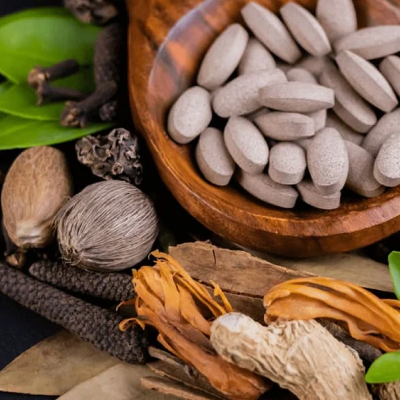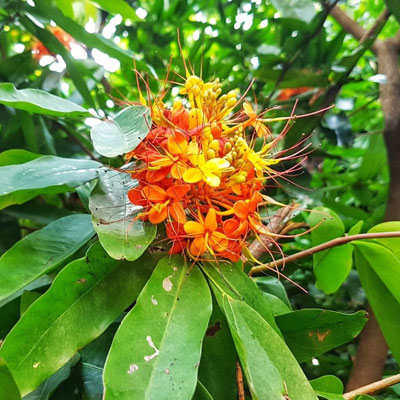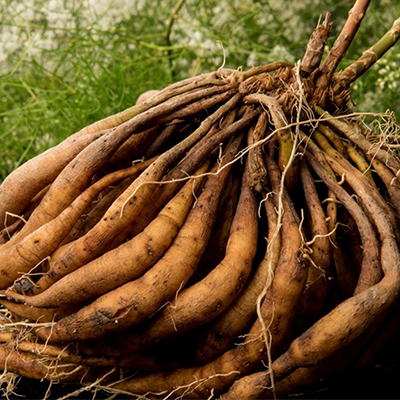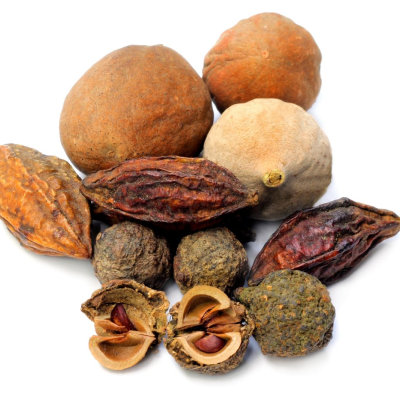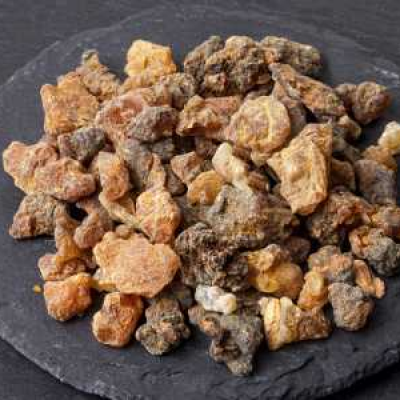An ovarian cyst is a fluid-filled sac that develops on or within an ovary. Ovarian cysts are common in women of reproductive age and are usually benign. While most ovarian cysts are harmless and resolve on their own, some can cause pain, hormonal imbalances, or complications such as rupture or torsion.
Causes of Ovarian Cysts
Hormonal Imbalances
- Excess oestrogen or progesterone levels can disrupt ovulation, leading to cyst formation.
Ovulation Process
- A normal follicle can sometimes fail to release an egg or seal itself after ovulation, forming a cyst.
Endometriosis
- Endometrial tissue growing outside the uterus can form cysts known as endometriomas.
Polycystic Ovary Syndrome (PCOS)
- Multiple small cysts develop due to irregular ovulation and hormonal dysfunction.
Pelvic Infections
- Severe infections can spread to the ovaries, causing cyst-like abscesses.
Pregnancy
- A corpus luteum cyst may form during early pregnancy to support the embryo.
Types of Ovarian Cysts
Functional Cysts
- Follicular Cyst: Forms when a follicle fails to release an egg during ovulation.
- Corpus Luteum Cyst: Develops when the corpus luteum (remnant of a follicle) doesn't dissolve after ovulation.
Pathological Cysts
- Dermoid Cyst (Teratoma): Contains tissues such as hair, skin, or teeth.
- Endometrioma: Caused by endometriosis.
- Cystadenoma: Develops on the surface of the ovary and may be filled with fluid or mucous.
Polycystic Ovaries (PCOS)
- Multiple small cysts form due to chronic anovulation.
Symptoms of Ovarian Cysts
Often asymptomatic, but when symptoms occur, they include:
- Pelvic pain or pressure.
- Irregular menstrual cycles.
- Bloating or abdominal swelling.
- Pain during intercourse.
- Frequent urination due to pressure on the bladder.
- Hormonal disturbances, such as excessive hair growth or acne.
Complications of Ovarian Cysts
Ovarian Torsion
- Large cysts can twist the ovary, cutting off blood supply. This is a medical emergency.
Rupture
- A cyst may burst, causing severe pain and internal bleeding.
Infertility
- Conditions like PCOS and endometriosis-related cysts can impair fertility.
Infection
- Infected cysts may lead to pelvic inflammatory disease.
Cancer Risk
- Although rare, certain ovarian cysts can become malignant, particularly in postmenopausal women.
Ayurvedic Perspective on Ovarian Cysts
In Ayurveda, ovarian cysts are often correlated with conditions like Granthi (cyst or tumour) and Yonivyapad (gynaecological disorders). The underlying cause is typically an imbalance in Kapha dosha, which causes stagnation and accumulation of fluids, along with an aggravated Vata dosha disrupting normal movement.
- Kapha Dosha: Leads to the formation of fluid-filled masses.
- Vata Dosha: Causes irregular cycles and hormonal imbalances.
- Pitta Dosha: Contributes to inflammation and pain in cases of rupture or infection.
Panchakarma Therapies
- Virechana (Purgation): Helps expel toxins and balance Pitta dosha.
- Basti (Medicated Enema): Corrects Vata imbalances and regulates menstrual cycles.
- Uttar Basti: A specialized procedure to cleanse and heal the reproductive system.
- Abhyanga (Oil Massage): Using medicated oils to improve circulation and reduce Kapha dosha.
Dietary Recommendations
- Focus on Kapha-pacifying foods, including warm, light, and easily digestible meals.
- Avoid cold, greasy, and heavy foods that aggravate Kapha.
- Include spices like turmeric, ginger, and black pepper to improve metabolism.
- Consume fiber-rich foods to improve digestion and hormonal balance.
- Hydrate well with warm water or herbal teas.
Lifestyle Modifications
- Maintain a regular exercise routine, such as yoga (e.g., Baddha Konasana, Malasana).
- Avoid sedentary habits and stress, which can disrupt hormones.
- Ensure a proper sleep routine to balance Vata and Pitta.
Ayurvedic Formulations
- Kumaryasava: Helps regulate menstrual cycles and improve ovarian health.
- Pushyanug Churna: Used to treat irregular menstruation and reduce cyst symptoms.
- Chandraprabha Vati: Promotes hormonal balance and addresses ovarian cysts.
- Dashamoola Kwatha: Reduces inflammation and relieves pain.
Herbal Remedies
Kanchnar Guggulu
Effective in dissolving cysts and reducing Kapha accumulation.
Ashoka (Saraca indica)
Regulates menstrual cycles and supports uterine health
Shatavari (Asparagus racemosus)
Balances hormones and improves fertility.
Triphala
Aids in detoxification and improves digestion to reduce Kapha.
Aloe Vera (Kumari)
Promotes hormonal balance and regular menstruation.
Guggulu (Commiphora mukul)
Helps in reducing cyst size due to its anti-inflammatory properties.
Ovarian cysts, though often benign, can cause significant discomfort and complications if left untreated. Ayurveda offers a holistic approach to managing ovarian cysts by addressing the root causes, restoring hormonal balance, and improving overall reproductive health. Combining Ayurvedic treatments with modern diagnostic methods ensures better outcomes and improved quality of life for women.



